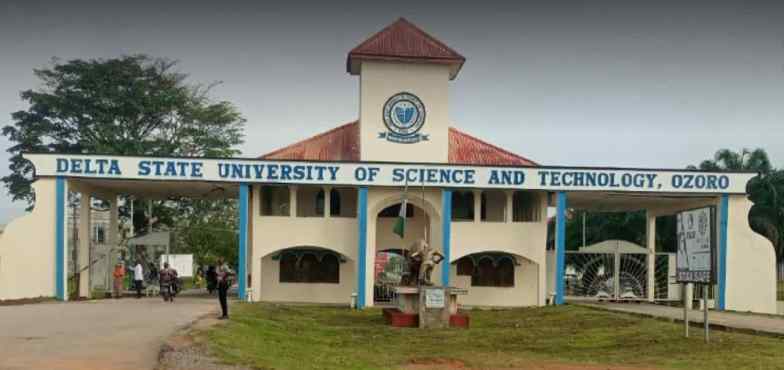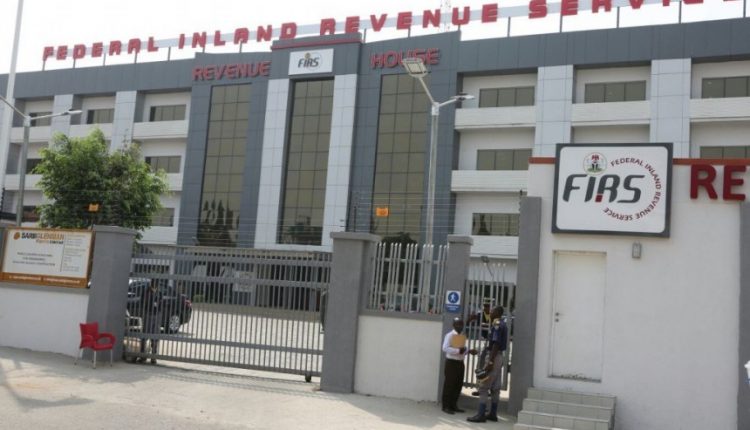In preparation for the upcoming United Nations Climate Change Conference (COP29), set to take place from November 11 to 22, 2024, in Baku, Azerbaijan, the European Union (EU) has partnered with Nigeria’s National Council on Climate Change (NCCC) to provide training for the country’s climate negotiators. The aim is to ensure that Nigerian representatives are well-equipped to promote the nation’s interests and build global consensus at the talks.
At a training event held in Abuja, Massimo De Luca, Head of Cooperation at the EU Delegation to Nigeria and ECOWAS, praised Nigeria’s leadership following COP28. He noted that Nigeria was among the first countries to support the EU’s commitment to tripling renewable energy and doubling energy efficiency by 2030. De Luca also lauded the establishment of the NCCC as a pivotal step in driving Nigeria’s climate efforts, suggesting that other African nations might look to Nigeria as a leader in this field.
“We are confident that by strengthening the skills of Nigerian negotiators, the country will be able to engage more effectively and assert its position at COP29,” De Luca stated. He also pointed out that the EU is working with the NCCC to review key sectors of Nigeria’s climate strategy, including waste management, energy, and the circular economy.
Dr. Nkiruka Madueke, Director-General of the NCCC, highlighted the importance of Nigeria’s leadership in climate discussions, both in Africa and on the global stage. She stressed that negotiating on climate issues is a complex task that requires a highly competent team. “Nigeria must play a leading role in these talks, ensuring we remain at the forefront of the climate change conversation,” she remarked.
Martine Sobey, Climate Change and Nature Team Leader at the British High Commission emphasized the need for skilled negotiators, saying that the outcomes of COP29 could define the future of global climate action, and Nigeria’s contribution must be strategic.
Additionally, the EU has been instrumental in organizing a capacity-building workshop focused on reducing methane emissions in Nigeria’s oil and gas industry. This workshop provided key players, including international and indigenous oil companies, with tools to better measure and manage emissions from sectors such as oil, gas, and agriculture.
Dr. Madueke praised the workshop as a critical move toward addressing methane emissions, noting that methane has a far greater warming potential than carbon dioxide. She emphasized that reducing methane leaks not only benefits the environment but also improves economic efficiency, as it prevents the loss of valuable resources.
Madueke reiterated Nigeria’s commitment to climate action, citing the country’s 2021 Nationally Determined Contributions (NDCs), which include plans to eliminate routine gas flaring by 2030 and cut methane emissions by 60 per cent by 2031. “Our goal is to ensure both environmental sustainability and economic gains through these efforts,” she concluded.
READ MORE FROM: NIGERIAN TRIBUNE

 4 hours ago
9
4 hours ago
9









 English (US) ·
English (US) ·